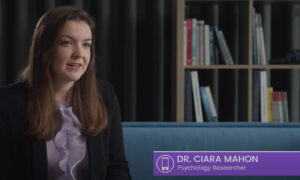
How Social Media can inform the way children view Body Image
Psychology researcher Dr. Ciara Mahon explains how the content children consume on social media affects their understanding of body image

Psychology researcher Dr. Ciara Mahon explains how the content children consume on social media affects their understanding of body image

Psychology researcher Dr. Ciara Mahon discusses the best way to help your child build a positive body image on social media.
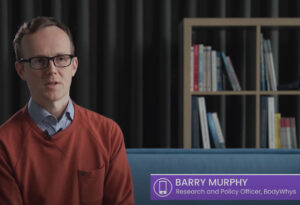
Bodywhys Research and Policy Officer, Barry Murphy, talks about the effect social media can have on those living with eating disorders.
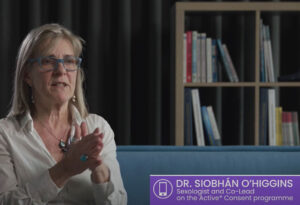
Sexologist and Co-Lead on the Active* Consent programme Dr. Siobhán O’Higgins talks about the effect of social media on our teens
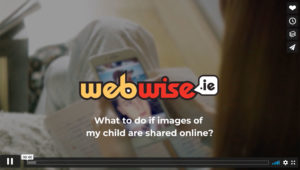
Elaine Byrnes, Doctoral Researcher-Psychology, NUI Galway offers advice on what to to do if intimate images of your child are shared online.
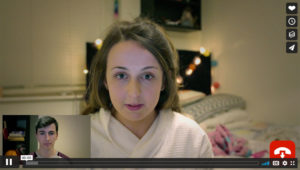
Sharing nudes that could hurt or embarrass others causes real harm, damages reputations and changes lives forever.
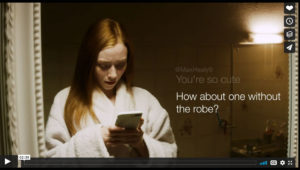
It is NOT okay for anyone to pressure or coerce you into sending nudes online. If this happens to you, you are a victim of a crime.
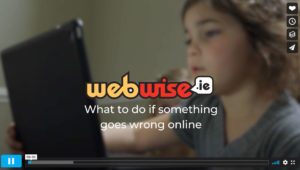
Áine Lynch, CEO of the National Parents Council Primary offers advice for parents on supporting their children online.
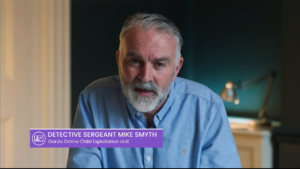
Detective Sergeant Mike Smyth goes through the history of laws protecting children online. Top Tip: The maximum prison sentence for child exploitation is twenty years.
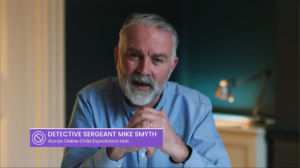
Digital Ready Hub – ISPCC – Detective Sergeant Mike Smyth explains the potential legal implications of ‘sexting’. Top Tip: Remind your child to treat every individual they interact with online